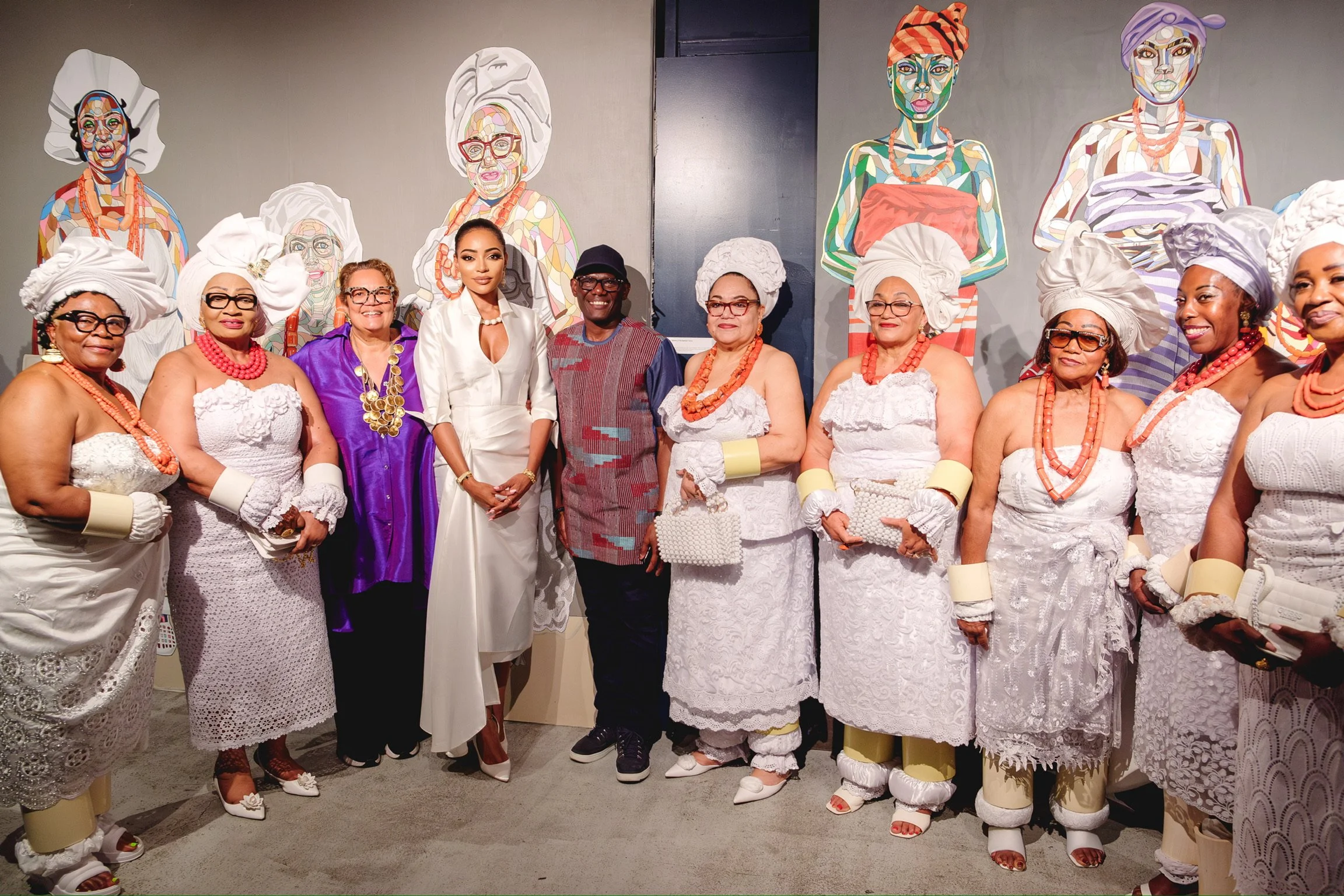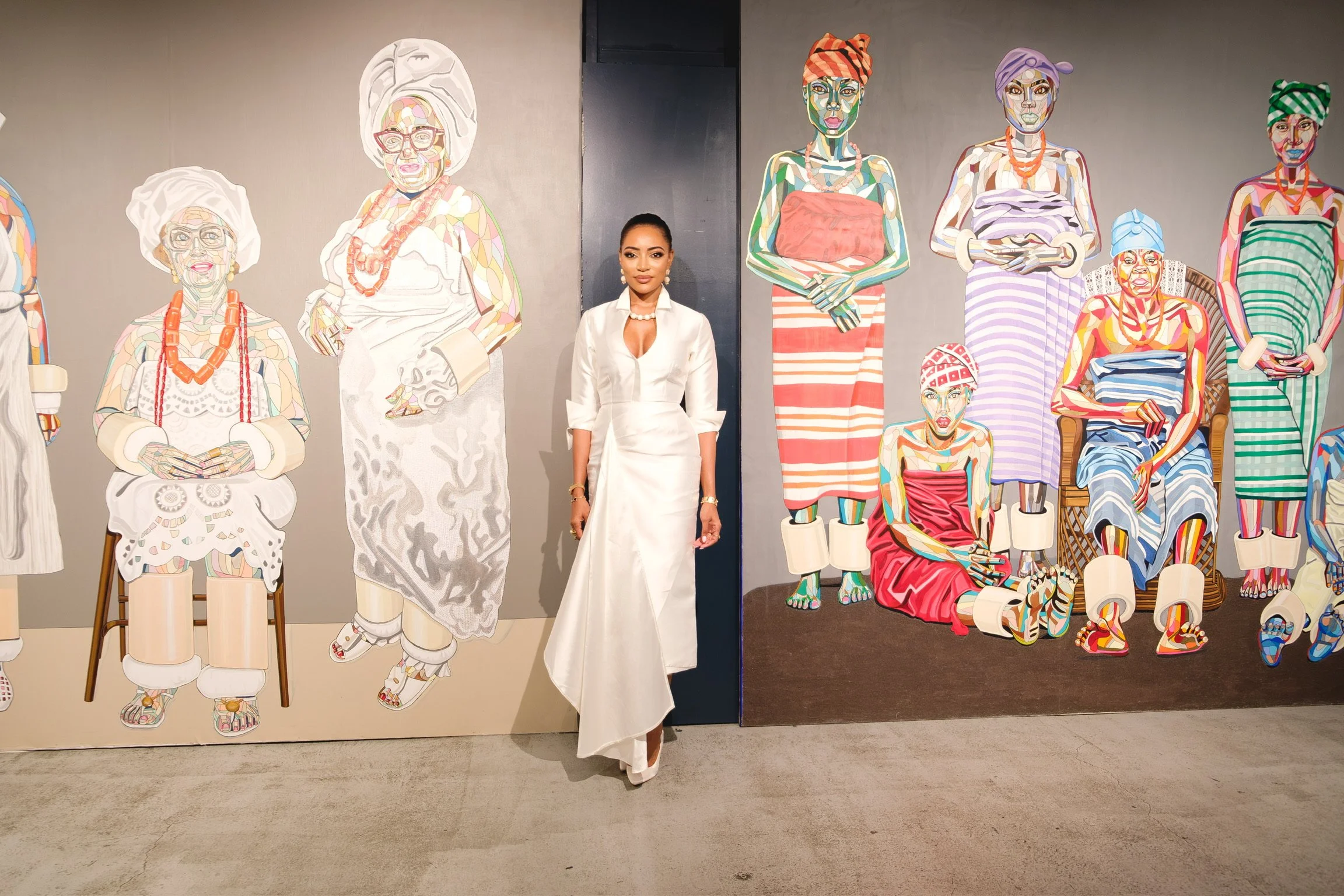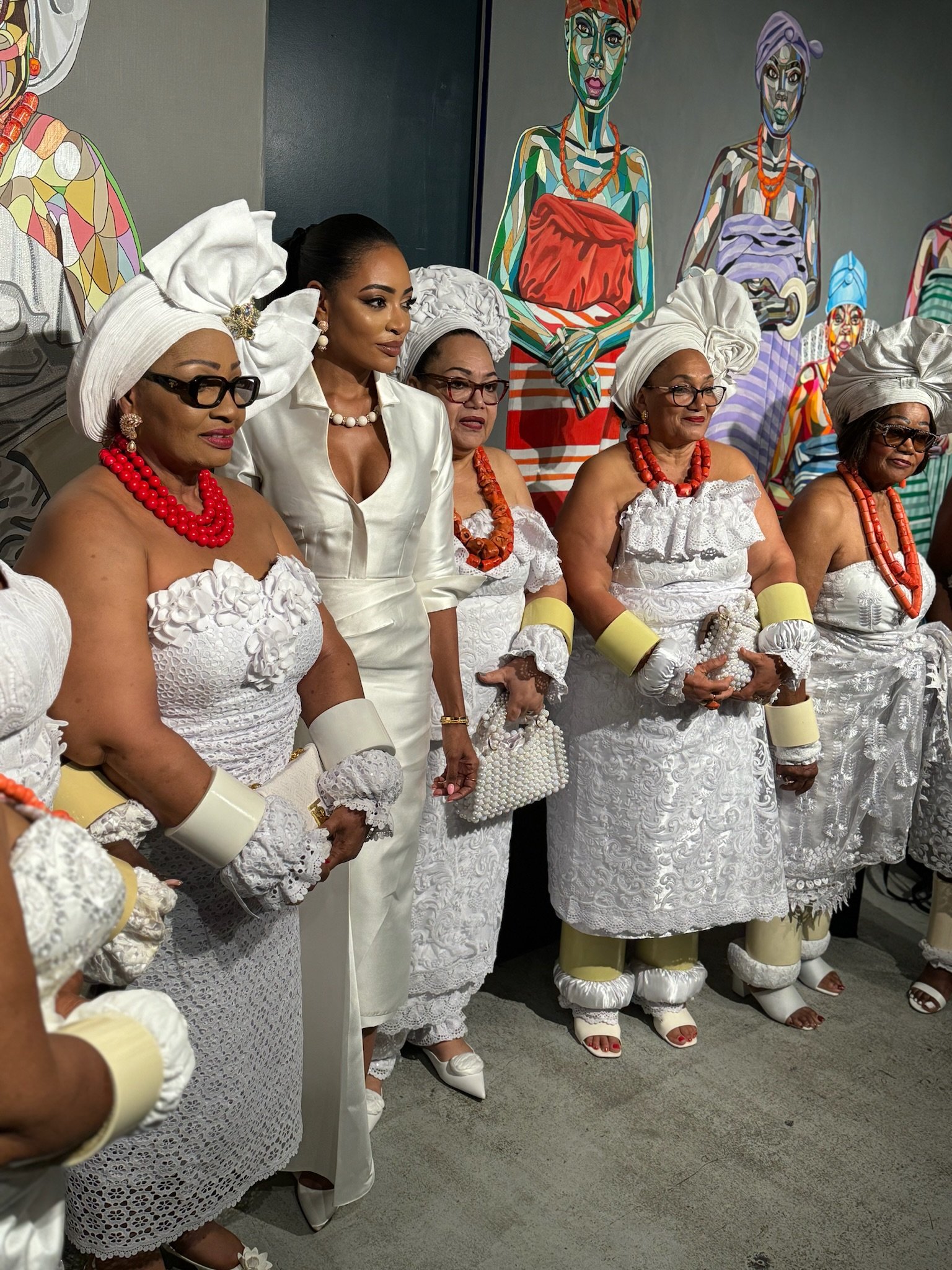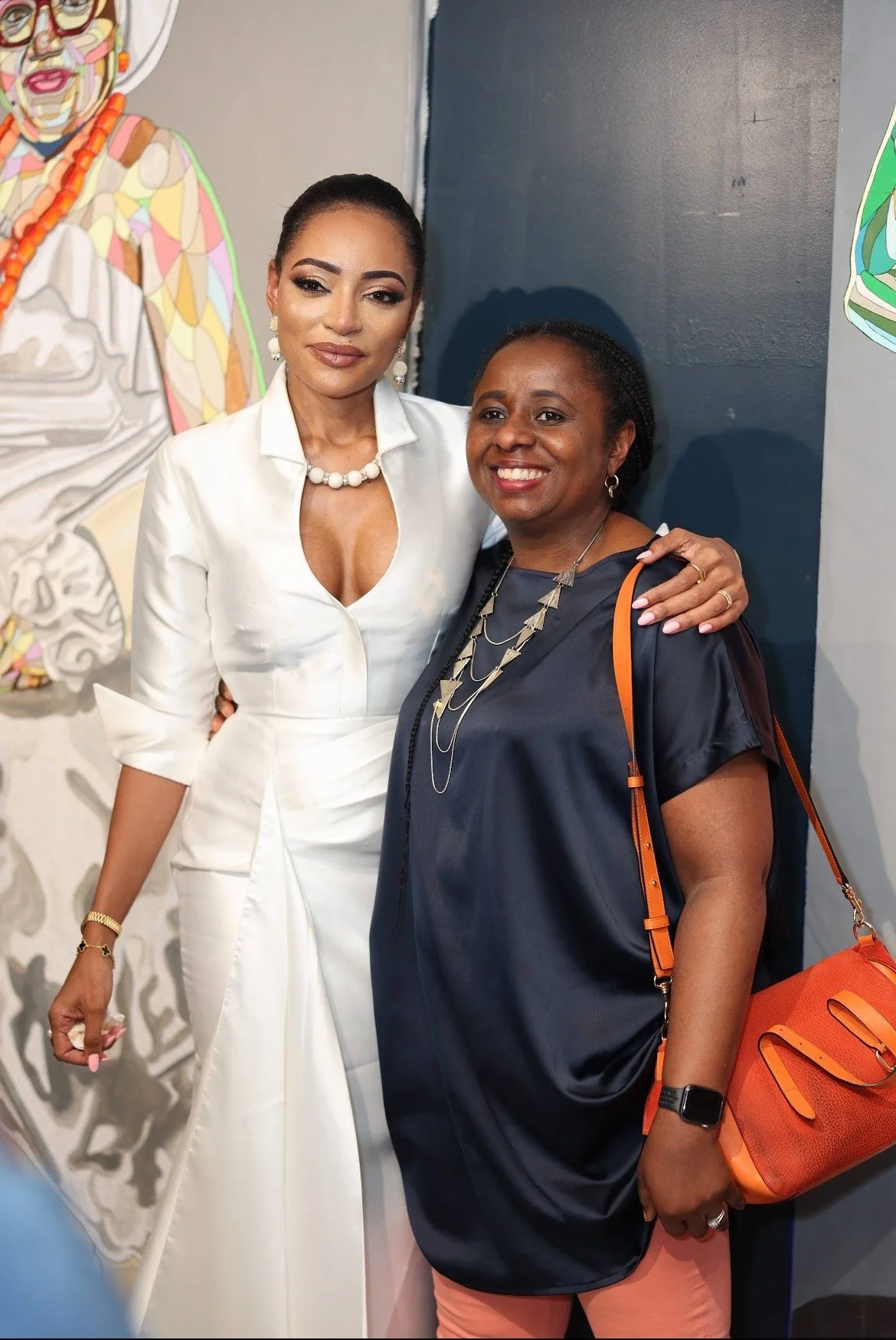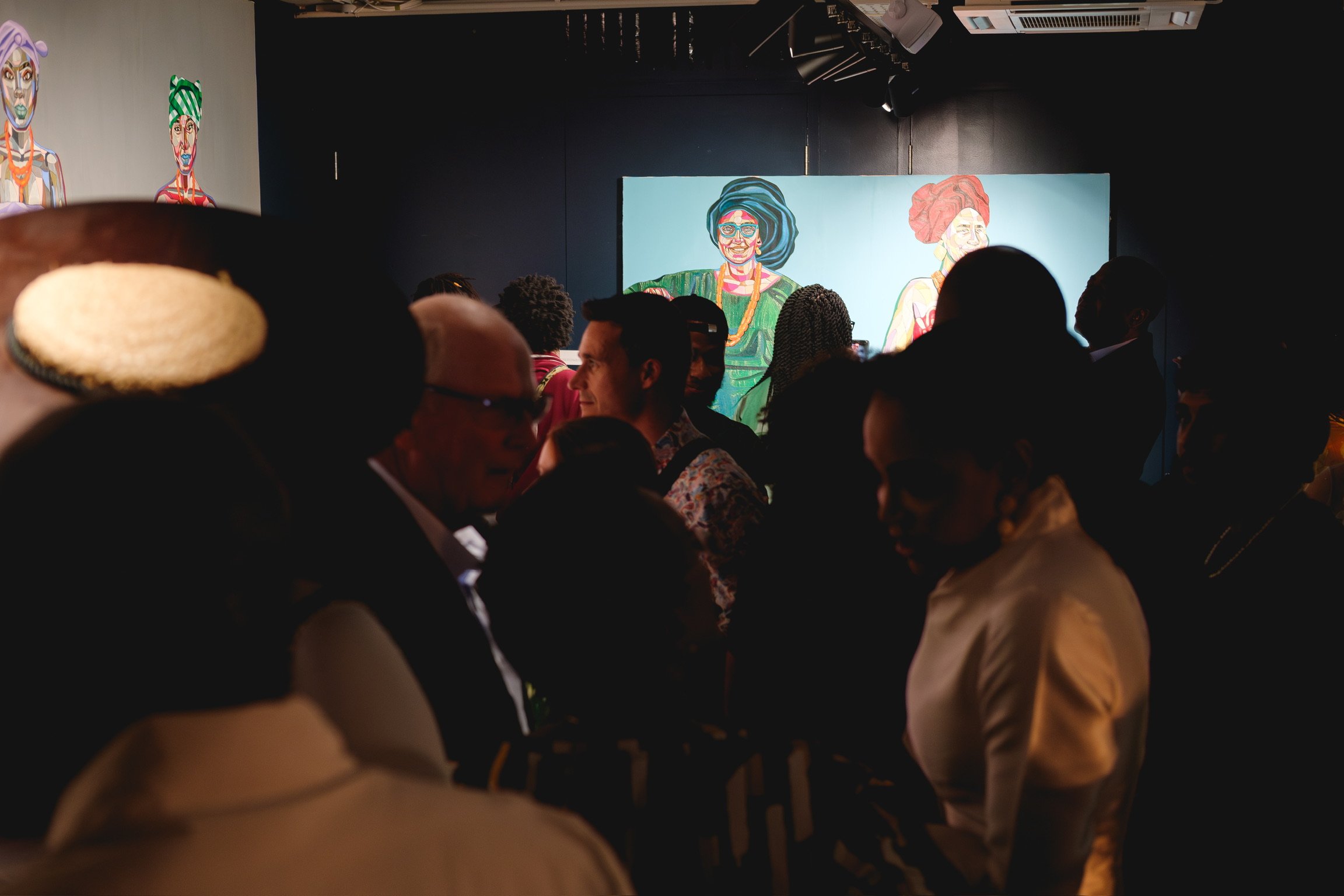Women of the Elephant Tusk: ndi otu odu
The otu odu society, a highly prestigious socio-political women's group, is a cardinal institution that holds great significance amongst the onicha people. With a history dating back decades, the society plays a vital role in the preservation and propagation of Igbo customs and traditions. The word odu means elephant tusk thus, members of the otu odu society are signified by the wearing of odu aka, ivory tusks on their wrists and odu ukwu, around their ankles. As a collective, these women are referred to as ndi otu odu.
Membership into the otu odu society is considered prestigious, and admission is granted only to indigenes of onicha or those who have married a man from onicha. Heritage alone though, is not enough. The women have to be of sufficient enough social standing to have bought the rights to wear the odu aka and odu ukwu.
The significance of elephant tusks in otu odu society holds a deep cultural and historical importance. For centuries, these majestic creatures have been revered and their ivory tusks have been sought after as valuable treasures. The significance of elephant tusks amongst ndi otu odu society is multifaceted, encompassing aspects of heritage, wealth, power, and spirituality. They are considered as emblems of the community's long-standing connection with nature and the wildlife that thrives in their surroundings. Highly respected figures within the society, such as tribal chiefs and influential elders, often adorned themselves with ivory jewellery made from elephant tusks, effectively showcasing their elevated status. The strength and size of an elephant's tusks parallel the strength and power of those who possess them, creating a link between the natural world and human leadership.
Installation Views + Works










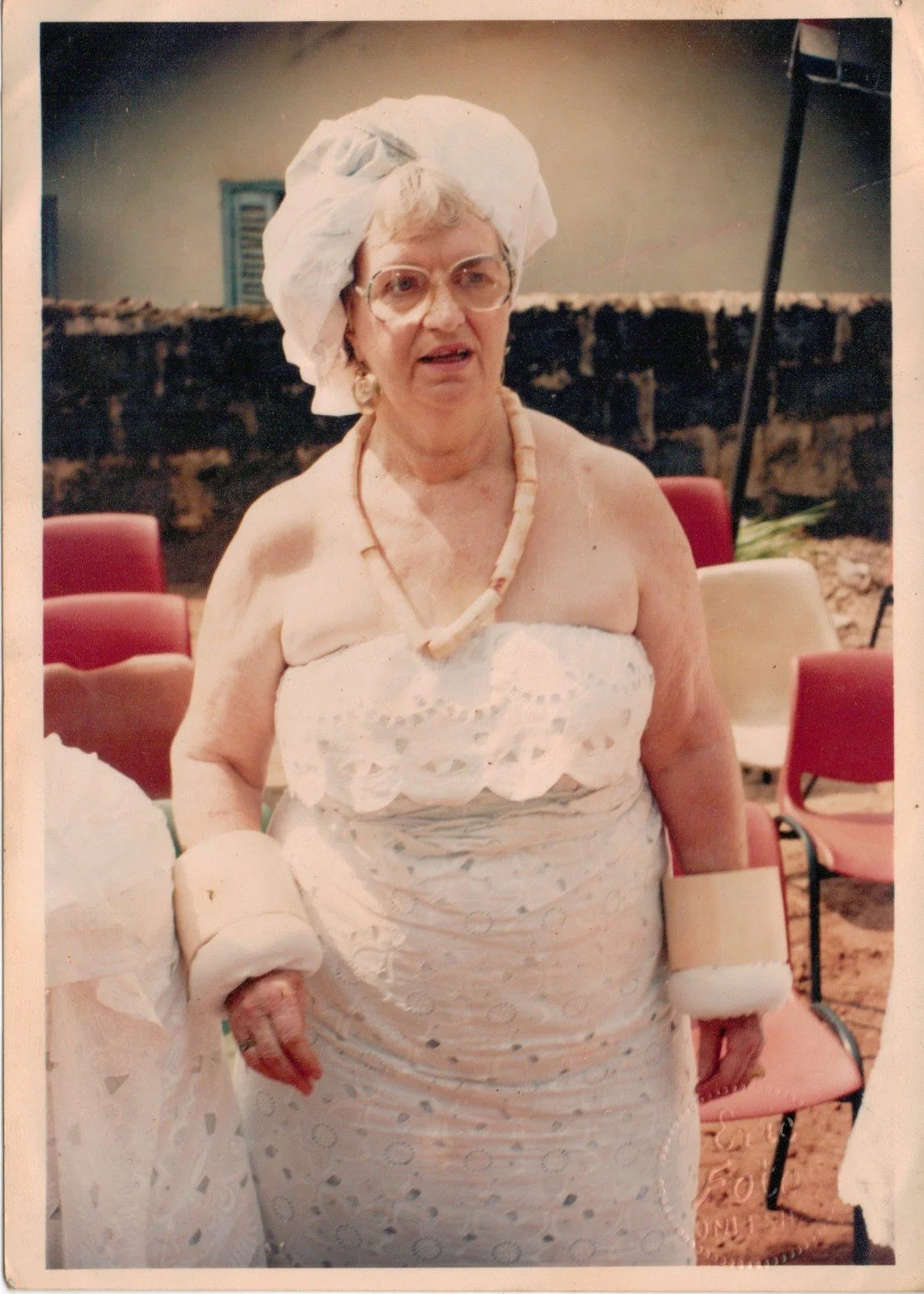










Interview with otu odu member, Dibueze Cynthia Lisk-Carew
otu odu interview with Cynthia Lisk-Carew




